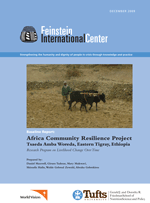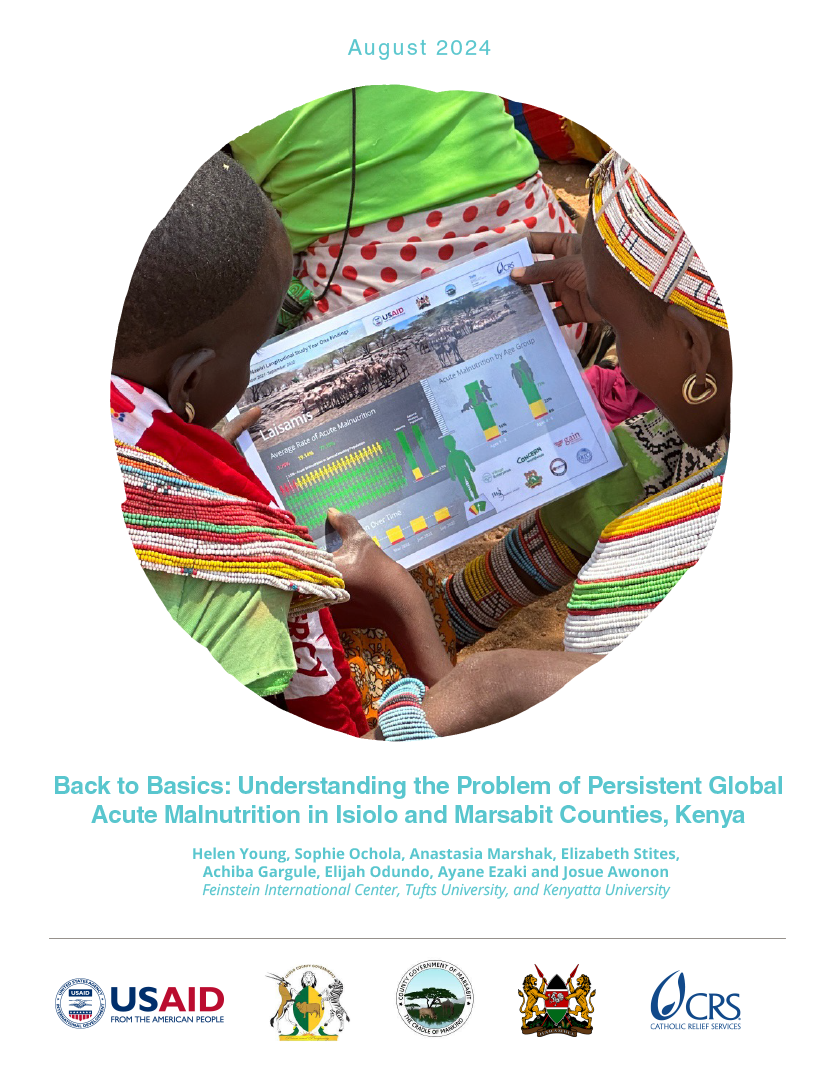Disaster Risk Reduction (DRR) programs encompass many different kinds of activities, but share the fundamental objective of enhancing the capacity of vulnerable communities to identify, reduce and manage risk, whether it be at the local, regional or national level. Ethiopia is one of the most food-insecure countries in the world, but only recently has the food security problem begun to be understood in terms of a complete analysis of livelihoods, rather than simply a food supply problem.
While the Productive Safety Net Program is addressing the crucial issue of adequate access to food and the protection of assets for the chronically food insecure populations of Ethiopia, it is increasingly clear that a component of reducing the risk from climatic, environmental and economic hazards is also an important component of overcoming chronic food insecurity.
The Africa Community Resilience Project (ACRP) was designed by World Vision International in line with the Hyogo Framework for Action as a blueprint to creating resilient communities. The project is research-based and will build capacity for improving resilience through disaster risk management programming and mainstreaming. Tufts University was engaged to conduct the research and programmatic learning side of the program.
This report provides information on baseline conditions at the household level and at the level of Kebele Disaster Preparedness – the institutions whose task it is to manage risk at the local level. It also provides as assessment of risks and hazards as perceived by local communities and their leaders. The report concludes with some recommendations to ACRP managers. This is the first of three reports under this research program.







